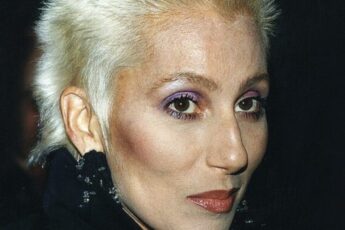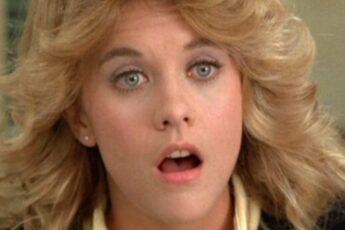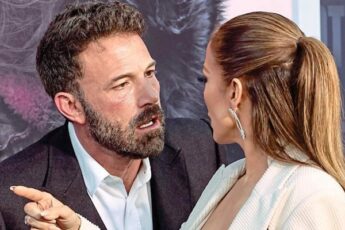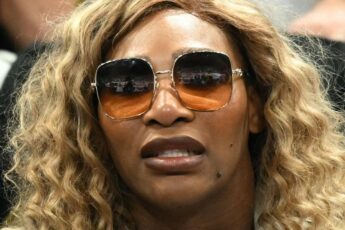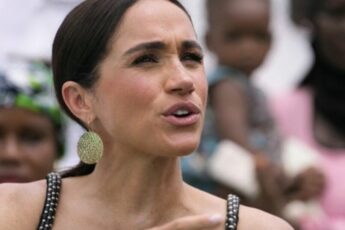Twiggy, originally named Lesley Hornby, didn’t set out to become the emblematic figure of the Swinging Sixties with her androgynous appearance. At a modest 5-foot-6, her early aspirations in the fiercely competitive fashion industry seemed almost out of reach.
Yet, it was her serendipitous encounter with a prominent hairstylist that set her on a path to stardom.
Despite her reservations, Twiggy’s experience in a posh Mayfair salon, where she hesitantly agreed to a transformative haircut, underscores a pivotal moment not just in her career but in fashion history.
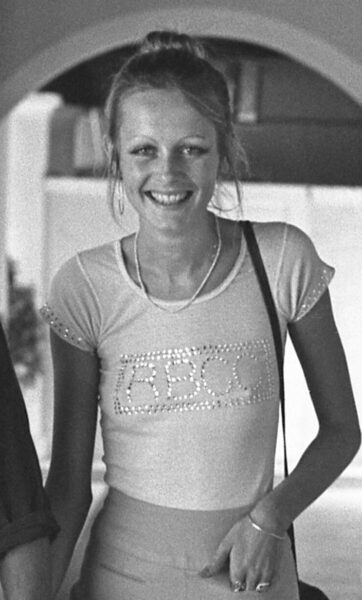
In 1966, as Twiggy prepared for headshots that could launch her modeling career, Leonard Lewis, a renowned British stylist, proposed she try his new crop haircut.
Twiggy’s initial reluctance turned into acquiescence in the upscale ambiance of Leonard’s salon.
“I went in to have it shampooed and set and Leonard saw me, and he said, ‘Let me do my new haircut on you,’” Twiggy told Ware during the podcast. “I’d been growing my hair, for a moment I kind of went, ‘I don’t know whether I want my hair cut.’ But I was in this very posh salon in Mayfair so I was a bit too shy to say I don’t want it done, and I kind of nodded.”
This haircut, perfected over seven hours, would soon become her signature look.
The next day, her newly styled golden blonde pixie cut was photographed, and the images promptly caught the eye of a fashion editor. This serendipitous exposure catapulted Twiggy to fame, her pixie cut framing her striking blue eyes and becoming an integral part of her iconic look.
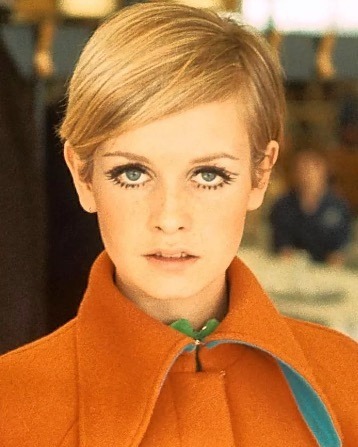
Twiggy’s style went beyond just her hair.
Known for her distinctive eye makeup, she drew inspiration from a childhood doll, creating a look with heavily mascaraed lower lashes that became synonymous with her image.
This makeup, combined with the miniskirts she donned at weekend mod clubs, solidified her status as a mod fashion pioneer. Her influence extended rapidly as she graced the covers of major magazines, including Vogue, setting trends that would define an era.
Twiggy’s influence didn’t wane with the end of the 60s. After retiring from modeling in 1970, she explored acting and singing, achieving notable success in films and on stage.
Her role in The Boy Friend earned her two Golden Globes, proving her versatility and appeal extended beyond the runway.
Twiggy also ventured into fashion design, partnering with Marks & Spencer, and continued to engage with the fashion world as a judge on “America’s Next Top Model” and an ambassador for major brands.
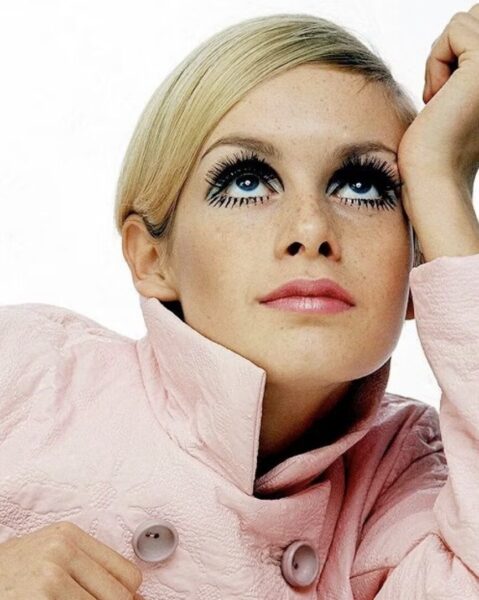
Despite her global fame, Twiggy, an iconic figure from her era, believes her true success lies in the deep connection she shares with her beloved daughter, despite her many accomplishments.
Following the death of her father, actor Michael Witney, during her fifth birthday party, Carly grew up under the care of her mother and stepfather, Leigh Lawson, whom Twiggy married in 1988.
“Family comes first for me. It always has, even when Carly was young. If it wasn’t right for Carly, I didn’t pursue it,” Twiggy explains.
Посмотреть эту публикацию в Instagram
“We traveled everywhere together, and that’s why we’re so close now. Carly recently told me, ‘I can’t remember a time you weren’t there, Mum,’ because I really was always there. Even when I traveled, she was by my side.”
Twiggy also continues to dazzle many with her signature 1960s pixie cut—a testament to her enduring style and beauty!
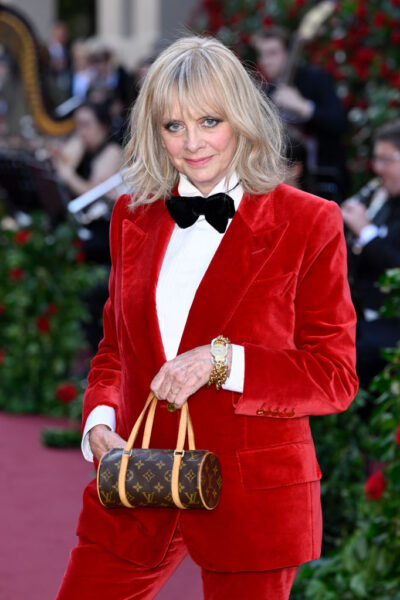
Do you have any memories of the Swinging Sixties? What’s the most adventurous hairstyle you’ve ever sported?
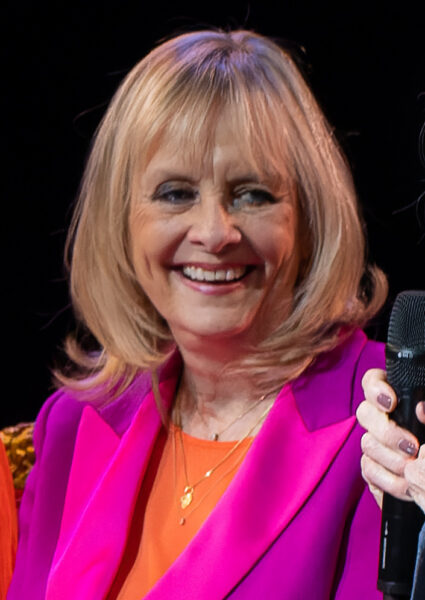
Share this story and join us in celebrating Twiggy’s lasting impact!


